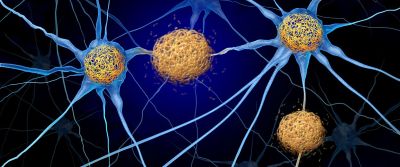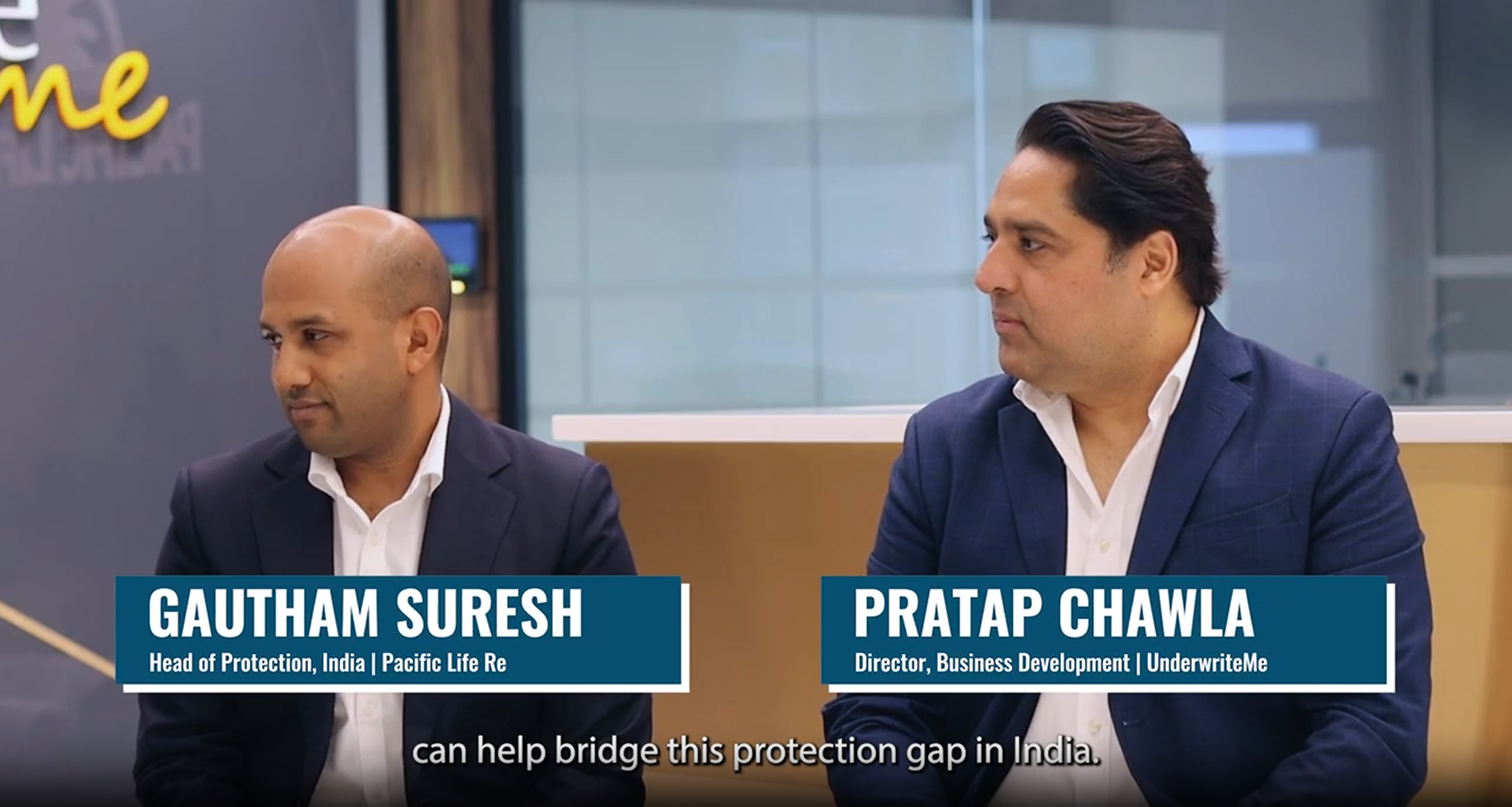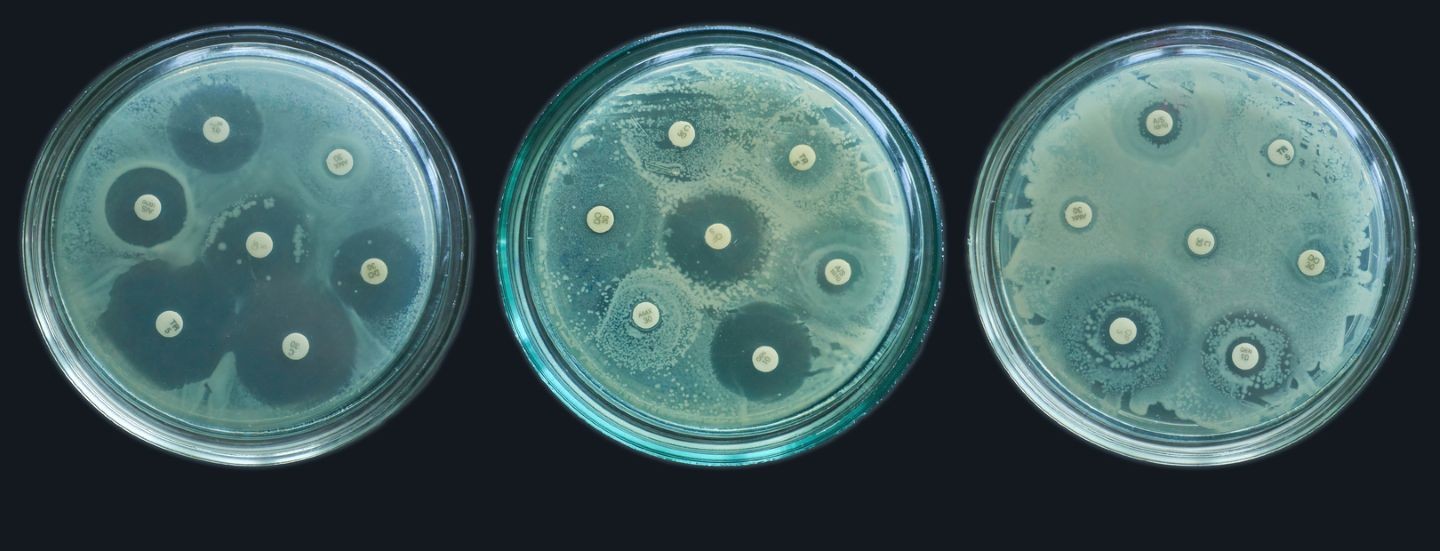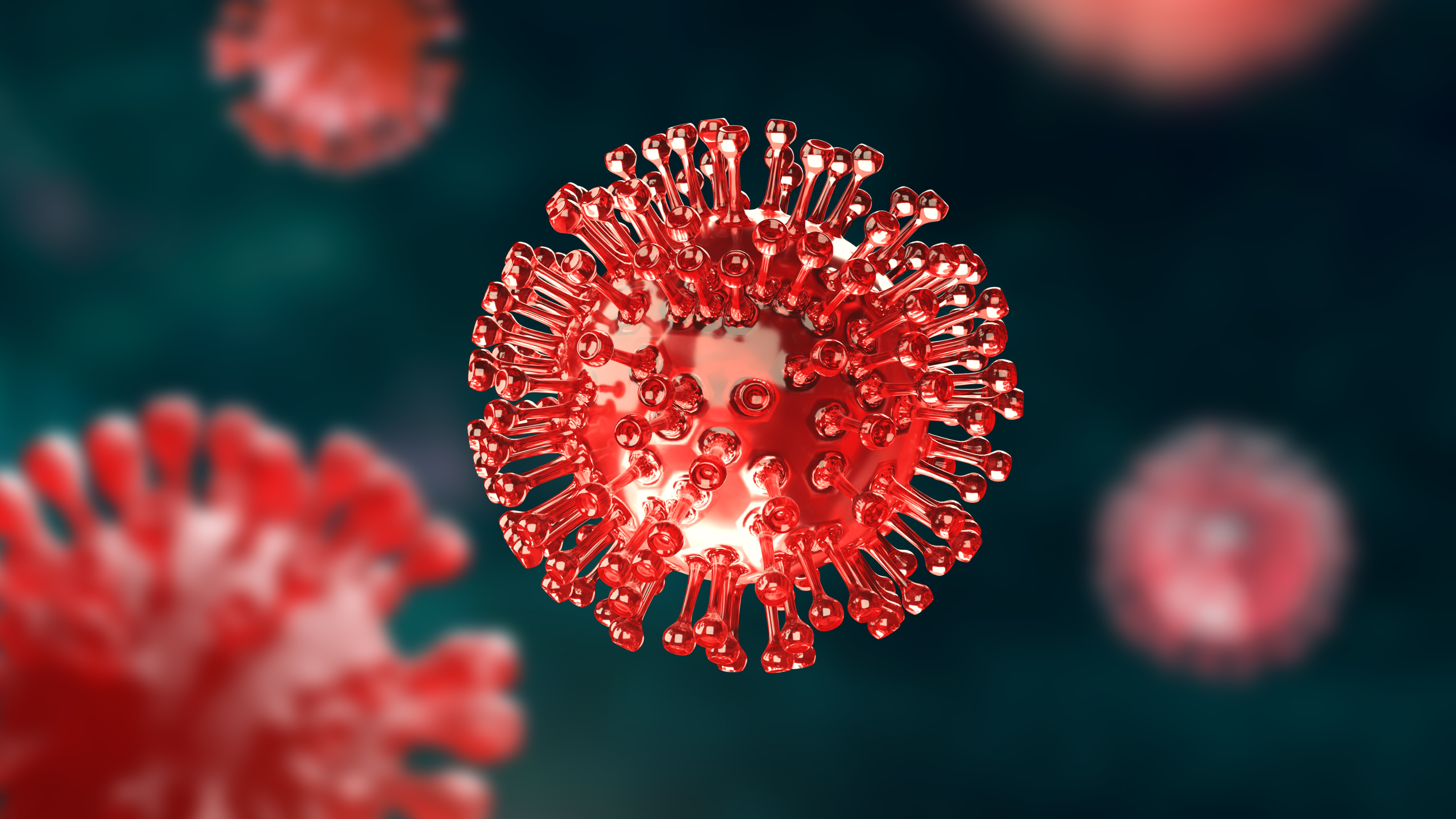Medical Analytics | 06 February 2024
Stem cell trial for MS Drugs
Scientists successfully conducted early-stage trials which provide hope of a future cure for some of the most severe types of multiple sclerosis (MS). In some patients with MS the disease progresses slowly, or sporadically. However those with progressive MS tend to go downhill more consistently and rapidly, without periods of remission.
In the trial, scientists injected neural stem cells – cells with the ability to develop into brain cells – directly into the brains of 15 patients with progressive MS in Italy. Brain stem cells were discovered around thirty years ago, and were once a huge source of medical hope, but have been developed only slowly for clinical use. The cells came from a miscarried foetal donor but in future it may be possible to derive them from the affected patient.
At the start of the trial most patient shad severe disease, typically requiring a wheelchair.
Over a 12-month follow-up period none materially worsened either physically or cognitively. This suggests significant stability of disease which is not typical of progressive MS patients. Higher doses of stem cells appeared linked to smaller deteriorations in the volume of brain tissue.

However, the severe symptoms of the patients at the start of the trial impairs scientists’ ability to detect and measure deterioration, and we must note that this trial was not just small but also has no control group to compare against. Most patients also still had evidence of disease activity on MRI scans, suggesting the treatment only partially suppressed brain inflammation.
Since this treatment shows potential, and had relatively modest side-effects, the next steps involve larger trials in order to determine optimal doses.
Most of all, future trials will –crucially – aim to prove this technique exerts a genuine meaningful impact on disease progression, especially at earlier stages, so that it can halt deterioration before the patient requires walking aids or a wheelchair.
References
- Early-stage stem cell therapy trial shows promise for treating progressive MS | University of Cambridge
- Intracerebroventricular Transplantation of Foetal Allogeneic Neural Stem Cells in Patients with Secondary Progressive Multiple Sclerosis (hNSC-SPMS): A Phase I Dose-Escalation Clinical Trial
Pacific Life Re Limited (No. 825110) is registered in England and Wales and has its registered office at Tower Bridge House, St Katharine’s Way, London, E1W 1BA. Pacific Life Re Limited is authorised and regulated by the Financial Conduct Authority and Prudential Regulatory Authority in the United Kingdom (Reference Number 202620). The material contained in this booklet is for information purposes only. Pacific Life Re gives no assurance as to the completeness or accuracy of such material and accepts no responsibility for loss occasioned to any person acting or refraining from acting on the basis of such material.
©2024 Pacific Life Re Limited. All rights reserved.

Ian Collins
Vice President

See Lek Chew
R&D Actuary

Mike Wilson
Associate Vice President

Jennifer Chambers
Senior Analyst














.png)
.png)





















.png)